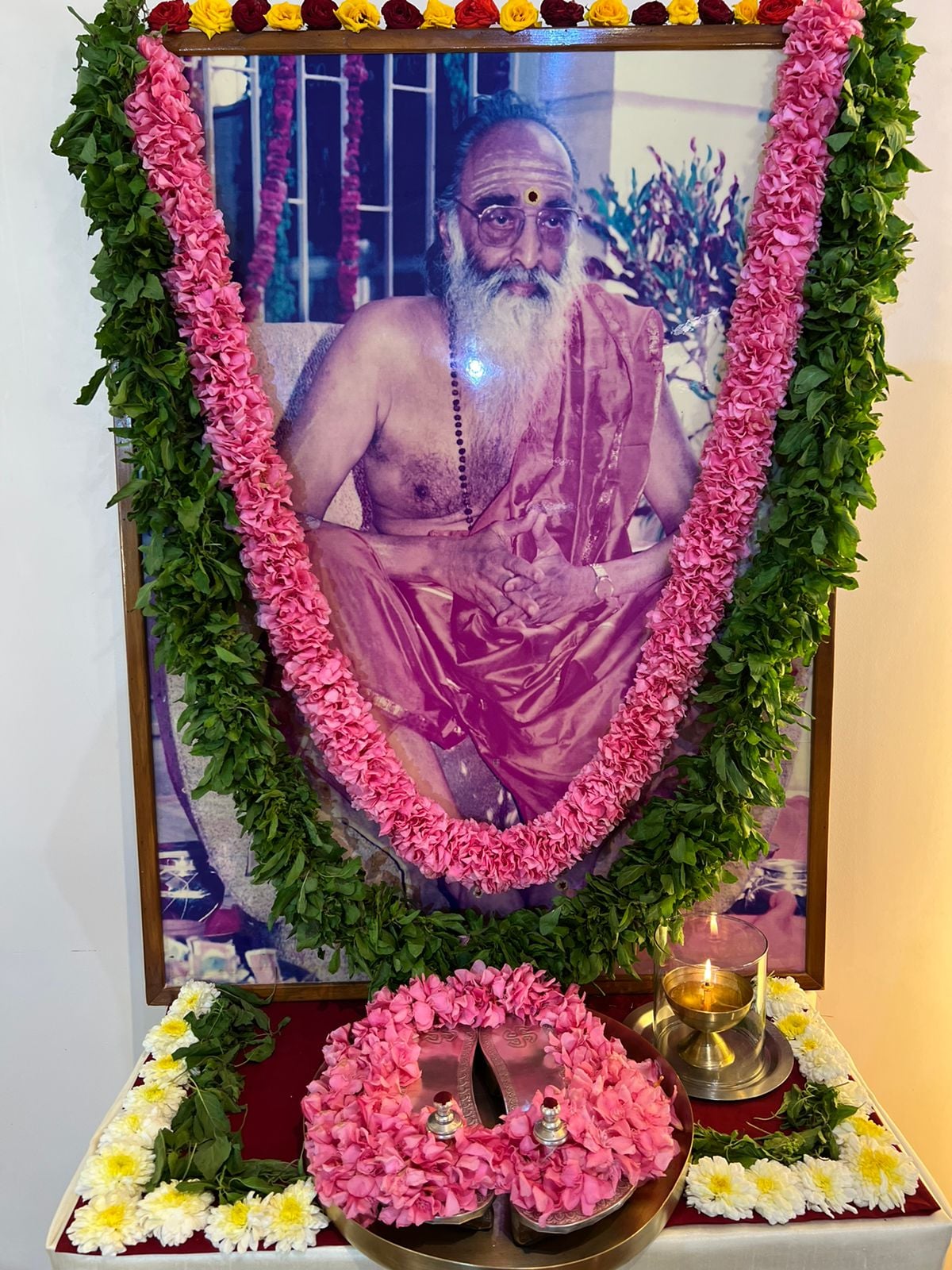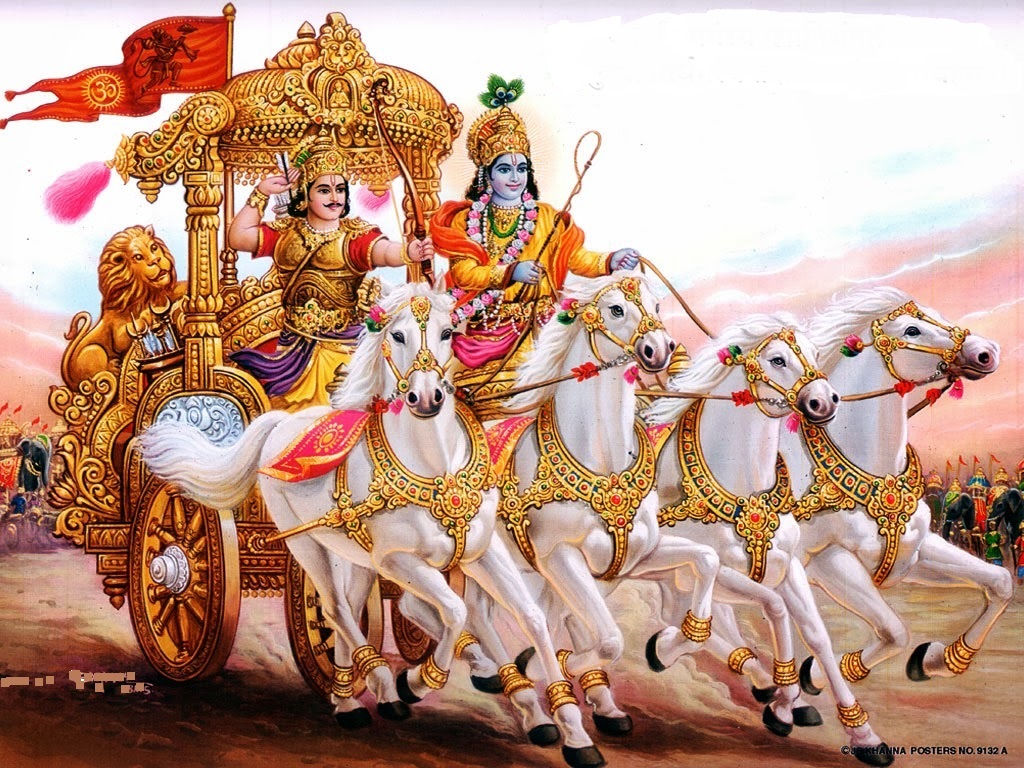The Relevance of the Bhagavadgita to Humanity 9-3: Swami Krishnananda.
Saturday 02, November 2024, 07:00.
The Relevance of the Bhagavadgita to Humanity:9-3.
Chapter 9: The Classification of Society-1.
The First Six Chapters of the Bhagavadgita:
Swami Krishnananda
(Spoken on Bhagavadgita Jayanti
========================================================================================
Each person has a duty in this world. Now, this is a very important point which is brought out in many a way through the injunctions occurring in a variegated manner in different verses of the Bhagavadgita. Everyone has a duty. There is no one who can be free from duty. But what is duty? This was the question. In the beginning itself it was mentioned, “I cannot understand what my duty is. I am floundering. I am completely upset with my very basic understanding. What is my obligation at this moment?”
Now, this is not an easy issue that is raised by a person. You will find that even the tentative answers given by the Lord were not adequate to the purpose. Several replies, several answers, several suggestions are given, but they do not seem to be adequate because doubts persist in spite of these answers, and they appeared to cease only when the total vision of all things was made possible. Our vision is limited. We have do not have a total vision of the whole of things. However much we may try to stretch our imagination, we will find the total picture of any situation does not easily present itself before us. Something is missing, and there we are likely to make a little mistake.
So, incidentally, Bhagavan Sri Krishna says, “As a social individual I consider you as belonging to one class of humans, and in traditional terms your class is categorised as Kshatriya.” Now, this point that a person is designated by the type of performance expected of that person requires deeper analytical thought. To which class do we belong? To which class do I belong, and yourself, and anybody? The station of oneself in a society is supposed to decide one's obligation. Somebody has written a big book entitled “My Station and its Duty”. Here a precise answer is given to this question. Your obligation, your position in society, is to be decided by the makeup of your personality. Your knowledge and your capacity will decide what can be expected of you. There is no one so poor in this world who cannot do some sort of charity. There is something in you with which you can help others. You are not so very bereft of that capacity, because help need not necessarily mean doling out a material thing. It is a contribution of assistance in any manner whatsoever to the welfare of any level of any personality.
Gunakarmavibhagasah (BG 4.13) is a phrase that occurs somewhere in the Bhagavadgita. This classification of society is done by the gunas and the karmas of the person or the group of persons.
Now, the gunas are the properties which constitute the personality of an individual. This is, again, to go into philosophical issues like the Sankhya, to which the Bhagavadgita will make reference. The gunas, in the language of the Bhagavadgita, are known as sattva, rajas and tamas. These properties are said to constitute everything in the universe.
Na tad asti prthivyam va divi deveshu va punah, sattvam
prakatirjair muktam yad ebhih syat tribhir gunaih (BG 18.40).
In one place the Gita says that there is nothing on earth or in heaven, which is free from these inner constituents called sattva, rajas and tamas. Everything that is living, non-living, visible, invisible, empirical or transcendent is constituted of these properties sattva, rajas and tamas. There is nothing in the whole of creation which has not these three ingredients making up its constitution. Hence, each person is also an embodiment of these three gunas.
*****
Continued












Comments